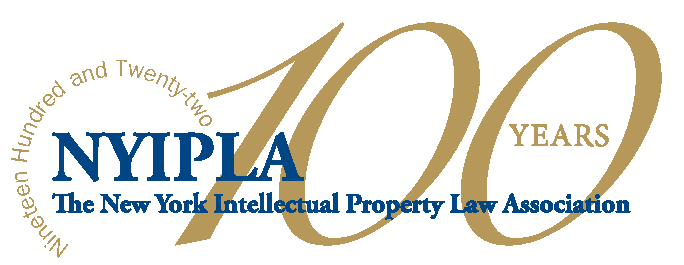The Supreme Court ruled that Aereo’s unauthorized re-transmission of network television signals to its customers violates the transmission clause in the definition of what constitutes a "public performance" under the Copyright Act. In rejecting Aereo's argument that because it maintained one antenna per user that it was merely acting as an equipment provider to its users, the Supreme Court confirmed that the contrivance of Aereo's technological ingenuity was too much made of too little. While not citing the NYIPLA brief on this point, the Court adopted NYIPLA's argument that when it comes to new non-productive copyright-evading technologies, substance should triumph over form. At the end of the day, the functional and practical similarities between Aereo and other content distributors who pay license fees to copyright owners were too many, and the differences too few, for Aereo to be excused from copyright infringement. NYIPLA's amicus brief on the winning side was written by David Leichtman and Jonathan Marcus of Robins, Kaplan, Miller & Ciresi L.L.P. and Hillel Parness of the Parness Law Firm.
Amicus Brief: American Broadcasting Companies, Inc., et al. v. Aereo, Inc, F/K/A Bamboom Labs, Inc.
